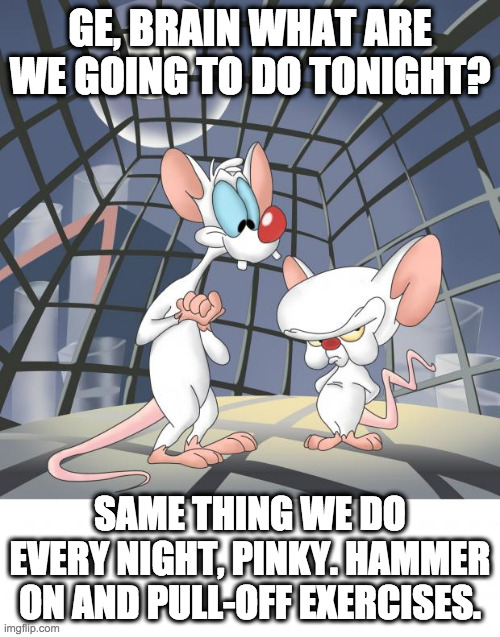Not Dead Yet is a cross-genre sitcom that combines elements of chick-lit with urban fantasy. Gina Rodriguez plays Nell Serrano, a flustered and frustrated woman trying to return to her newspaper career after devastating divorce. Unfortunately for Nell, the only job available at the paper is writing obituaries. And once she's assigned to write an obit, she starts to see the person's ghost.
Not Dead Yet attempts to reverse the usual trope. Instead of the living helping the dead move on, the dead attempt to help Nell deal with her problems and move on from the traumatic divorce. They help her meet new friends, reconnect with old friends, reenter the dating world and of course, write their obits.
Based on the first five episodes, Not Dead Yet is a mediocre (at best) sitcom. Rodriguez plays Nell essentially the same as she played Jane the Virgin. She's constantly flustered and frustrated. Showing a great deal of talent, but not much range as an actress. The supporting characters are one dimensional and the humor falls flat. (I haven't laughed once.) Hanna Simone, playing Nell's best friend, Sam, Josh Banday, playing their token gay coworker and Lauren Ash, playing their insecure and nutty boss are little more than set dressings. And most of the ghosts have been one-dimensional. Martin Mull's character is the exception. Mull plays Monty as sweet, sentimental, and romantic old man, which is very different from the acerbic characters he usually plays. Unfortunately, he's only in two of these five episodes.
The sitcom format means there's about 22 minutes of program. Combine that with Nell's flustered approach to the world and everything feels rushed. The format also stretches the credibility of the premise a bit. Nell appears to be assigned only one obit per week, which begs the questions: Does only one person die in that city every week? And how good of a writer can she be if she needs a whole week to write two paragraphs?
As chick-lit, it has some potential, though it still needs work. But as an urban fantasy, it's very disappointing.




